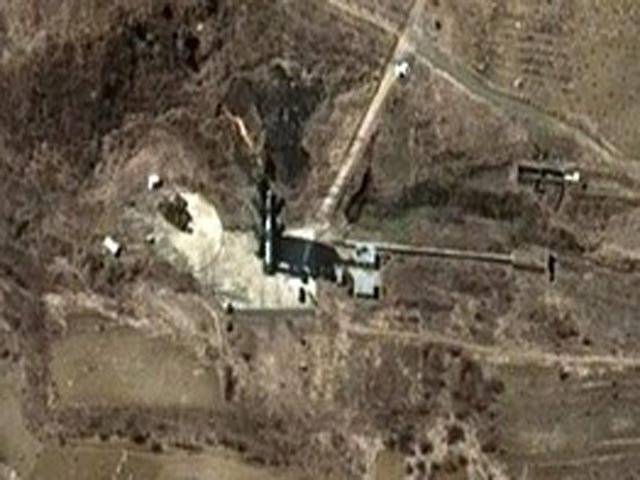North Korea launched a long-range rocket over Japan on Sunday, drawing swift international condemnation and triggering an emergency meeting of the U.N. Security Council. U.S. President Barack Obama said North Korea, which tested a nuclear device in 2006, had violated U.N. resolutions and increased its international isolation. He urged North Korea to refrain from further "provocative actions." "With this provocative act, North Korea has ignored its international obligations, rejected unequivocal calls for restraint, and further isolated itself from the community of nations," Obama, in Prague on a European tour, said in a statement. He was due to speak later on ridding the world of nuclear weapons. Washington said it would take steps to let the reclusive North know it could not threaten regional security. South Korea called the launch of the rocket, seen by many powers as a disguised missile test, a "reckless" act. Japan said it stopped monitoring the Taepodong-2 rocket after it had passed 2,100 km (1,305 miles) east of Tokyo, indicating the launch had been a success. In its only previous test flight, in July 2006, the rocket blew apart 40 seconds after launch. South Korea's Yonhap news agency quoted a government official in Seoul as saying the rocket appeared to have carried a satellite, which Pyongyang had insisted was its plan. Japan's chief cabinet secretary, Takeo Kawamura, said that even if the object launched was a satellite, it would violate U.N. resolutions on North Korean ballistic missile activity. In New York, Japan's U.N. ambassador requested an emergency meeting of the Security Council to discuss the launch. A diplomat said a meeting would be held later on Sunday. "It is extremely regrettable that North Korea went ahead with the launch ... and we protest strongly," Kawamura said. Analysts said the launch may help North Korean leader Kim Jong-il shore up support after a suspected stroke in August raised questions of his grip on power and bolster his hand in using military threats to win concessions from global powers. The United States, South Korea and Japan had said the launch would actually be a test of the Taepodong-2, which is designed to carry a warhead as far as Alaska. It has an estimated range of 6,700 km (4,200 miles). Impoverished North Korea, which for years has used military threats to wring concessions from regional powers, had said it was putting a satellite into orbit as part of a peaceful space program and threatened war if the rocket was intercepted.
Friday, April 19, 2024
North Koreans launch rocket over the Pacific

8:09 AM | April 19, 2024
Faizabad commission report leaked, it should be made public now, suggests Abbasi
11:11 AM | April 19, 2024
MPCL makes new gas discovery in Sindh’s Marighazj formation
April 19, 2024
A Tense Neighbourhood
April 19, 2024
Dubai Underwater
April 19, 2024
X Debate Continues
April 19, 2024
Hepatitis Challenge
April 18, 2024
IMF Predictions
April 18, 2024
Kite tragedy
April 19, 2024
Discipline dilemma
April 19, 2024
Urgent plea
April 19, 2024
Justice denied
April 18, 2024
AI dilemmas unveiled
April 18, 2024
ePaper - Nawaiwaqt
Advertisement
Nawaiwaqt Group | Copyright © 2024





